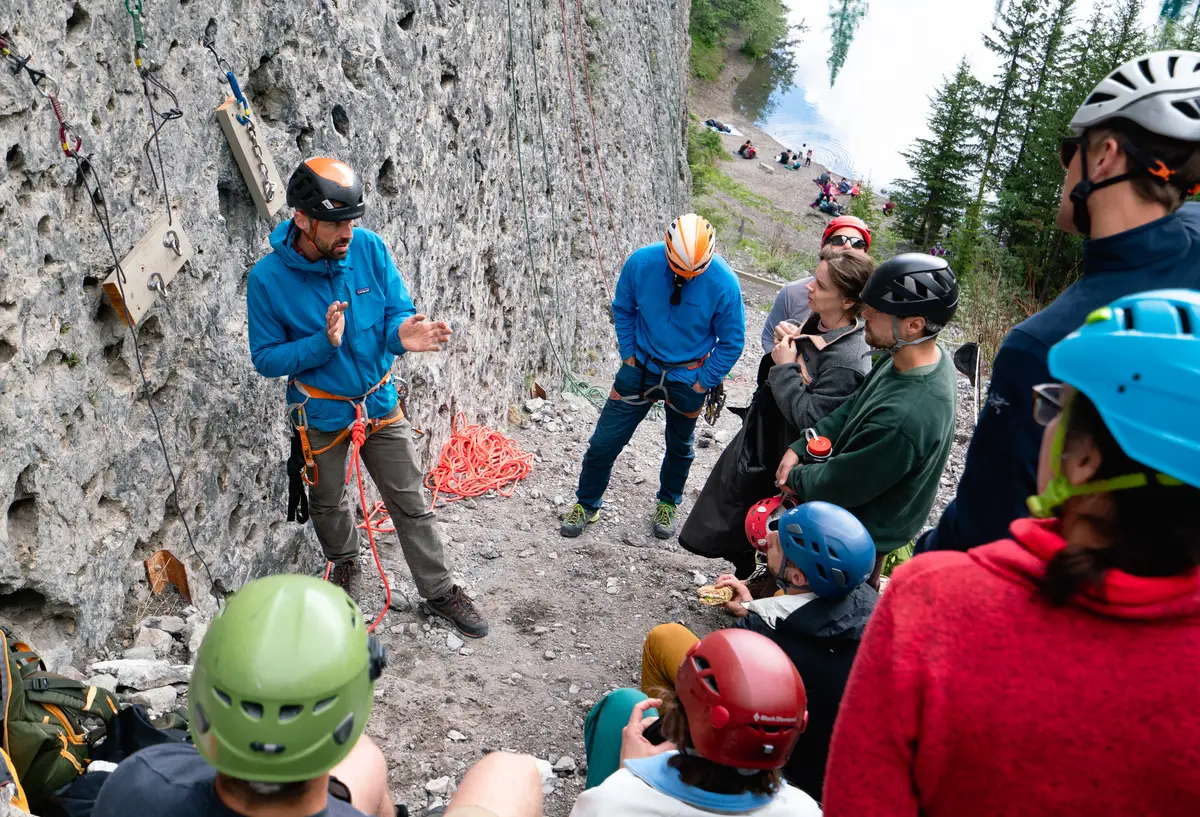

* Camps are subject to minimum enrollment in order to run.
Terrain is uncontrolled, unmarked and not inspected, risks include but are not limited to: Cornices, Crevasses, Cliffs, Trees, tree wells, forest dead fall, and tree stumps, Creeks, rocks and boulders. Holes and depressions below the snow surface. Variable and difficult snow conditions. Variable and difficult walking terrain. Snowcat roads and road banks, fences and other man-made structures. Snow immersion. Impact or collision with other persons, vehicles or objects. Extreme variation in trails or terrain. Encounters with domestic or wild animals. Loss of balance or control, slips, trips, and falls. Becoming lost or separated from the group.
Risks include but are not limited to: Slips, trips and falls indoor or outdoor. Equipment failure. Infectious disease contracted through viruses, bacteria, parasites, and fungi which may be transmitted through direct or indirect contact. Negligent first aid. Negligence of other persons, including other guests. Negligence of the guide including failure to take reasonable steps to safeguard or protect you from, or warn you of risk, dangers, hazards, on participating in ACC activities. Changing weather conditions including but not limited to high winds, lightning, forest fires, effects of high altitude including pulmonary edema and cerebral edema, incomplete warnings or instructions, negligence of other people, including trip coordinator and other guests. Negligence includes failure on the part of ACC Guides (if applicable) to take reasonable steps to safeguard or protect you from or warn you of the risks, dangers and hazards of wilderness activities.
Risks include but are not limited to: Rockfall and icefall can be caused by natural forces or by people travelling through the terrain (e.g. climbing/scrambling/hiking)
Risks include but are not limited to: Mountaineering and ice climbing present the risk of falling from the wall causing the climber to collide with the wall or ground which can lead to injury or death. The risk of a belay failure is also present which can contribute to a ground fall. Equipment failure, including equipment associated with climbing, rappelling and belaying
Risks include but are not limited to: Communication can be difficult and in the event of an accident, rescue and treatment may not be available. Adverse weather may also delay the arrival of treatment and transport out of the field. If an Injury occurs in challenging terrain movement to an evacuation point may be slow.
[August 17, 2025] Bugaboo Provincial Park is currently under indefinite partial closure due to flooding. Campgrounds and Bugaboo (Conrad Kain) Hut are closed until further notice.